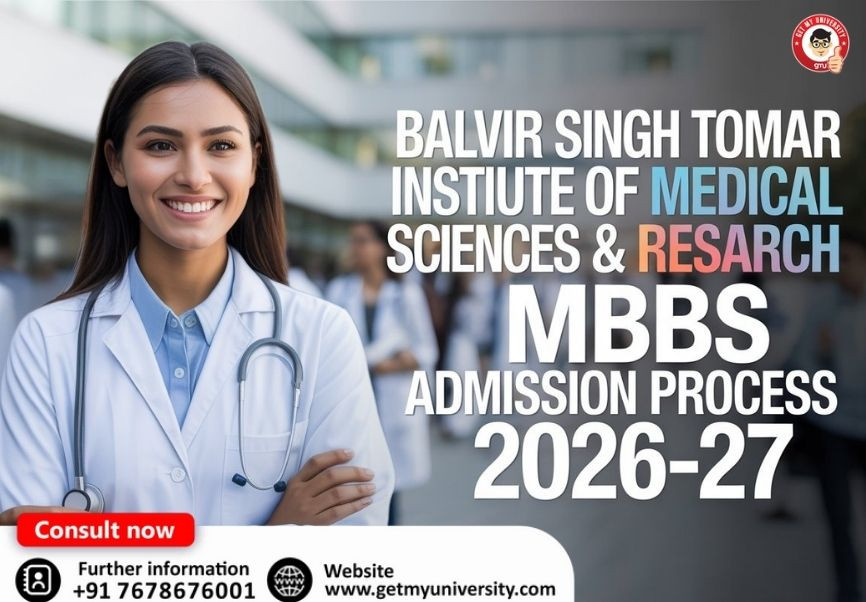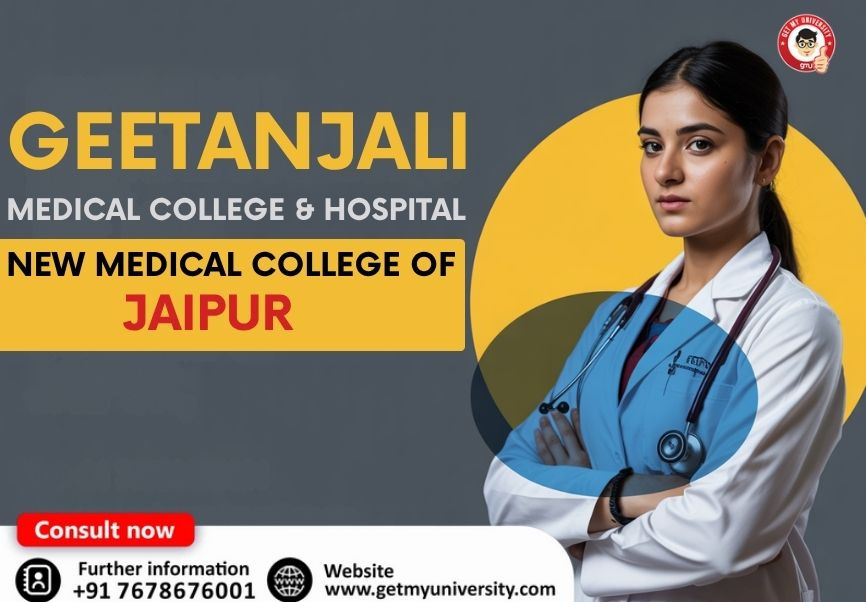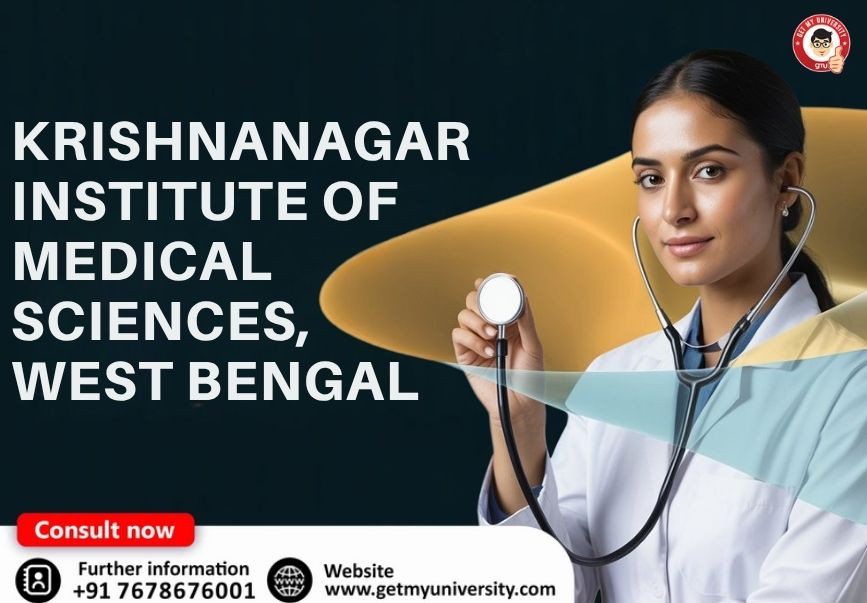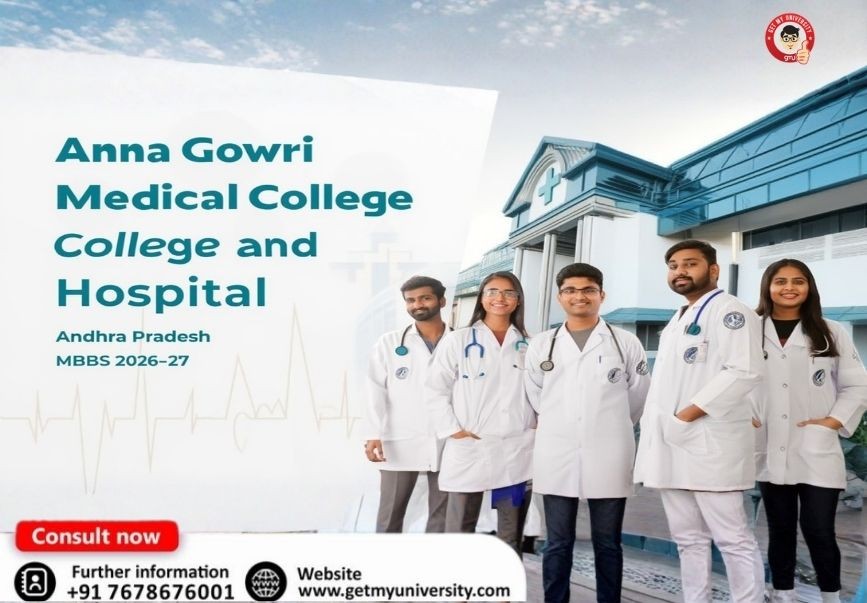Introduction
The Bachelor of Ayurvedic Medicine and Surgery (BAMS) is a professional undergraduate degree that combines the traditional Ayurvedic system with modern medical knowledge. In Maharashtra, home to several reputed Ayurvedic colleges, admission to the BAMS program is conducted through a counselling process that ensures transparency, fairness, and merit-based seat allotment.
The Maharashtra State Common Entrance Test Cell (CET Cell) is the official authority that is responsible for managing the BAMS counselling process. Admission is strictly based on the NEET-UG (National Eligibility cum Entrance Test - Undergraduate) scores, which is a compulsory examination for all medical aspirants across India. No student can gain admission to a BAMS course in Maharashtra without qualifying for NEET.
The counselling process typically includes multiple rounds—Round 1, Round 2, Mop-Up Round, and Stray Vacancy Round—and allows students to choose from a wide network of government and private Ayurvedic colleges. With a clear reservation policy, structured application steps, and online registration, the counselling process makes sure that students from all categories get a fair chance at admission.
Whether you're appearing for NEET for the first time or are a repeat candidate, understanding the BAMS counselling process in Maharashtra is crucial for securing a seat in your preferred college. From eligibility requirements and document verification to choice filling and seat allotment, this system is designed to streamline the journey from exam result to college admission.
What is BAMS?
The Bachelor of Ayurvedic Medicine and Surgery (BAMS) is a professional undergraduate degree focused on the ancient Indian system of medicine—Ayurveda. It combines modern medical knowledge with traditional Ayurvedic teachings, preparing students to become qualified Ayurvedic doctors who can diagnose and treat patients using both natural and modern methods.
The BAMS course duration is 5.5 years, which includes 4.5 years of academic study and 1 year of compulsory internship. The curriculum covers anatomy, physiology, pharmacology, surgery, ENT, gynaecology, paediatrics, pathology, and Ayurvedic subjects like Charaka Samhita, Dravyaguna, and Panchakarma.
Goals of the Counselling Process
The Maharashtra BAMS counselling process is mainly there to guide students in getting admission into BAMS courses. Along with this, It also aims to achieve other important goals such as:
- Merit-Based Admissions: Ensure that seats are allotted fairly based on NEET UG scores.
- Transparency: Every step of the process, from registration to allotment, is public and traceable.
- Efficiency: Utilize technology to streamline and manage large volumes of applicants.
- Inclusiveness: Implement reservation policies and special quotas for backward classes, PwD candidates, etc.
Step-by-Step Process of BAMS Counselling in Maharashtra
BAMS counselling in Maharashtra is a step-by-step process organized by the State CET Cell to help students get admission into Ayurvedic colleges, based on their NEET scores, chosen preferences, eligibility, and many more. The whole process of BAMS counselling in Maharashtra is mentioned below:
- NEET Qualification
The first requirement for BAMS admission is qualifying NEET UG 2025. This national-level exam tests on Physics, Chemistry, and Biology. Admission to BAMS is not possible without a valid NEET score, regardless of how well you perform academically.
- Online Registration
Once the NEET results are declared:
- Candidates must register online through the official Maharashtra CET Cell portal.
- They must fill in basic personal information, NEET details, and create a login ID/password.
Without registration, you cannot proceed to any further stage of counselling.
- Application Fee Payment
A nominal non-refundable counselling fee is charged at the time of registration. The fee varies for general and reserved categories and can be paid online via credit/debit card or net banking.
- Document Upload and Verification
During this stage, students upload scanned copies of:
- NEET Admit Card and Scorecard
- 10th and 12th marksheets
- Domicile certificate
- Caste certificate (if applicable)
- Non-Creamy Layer certificate (for OBC)
- Medical fitness certificate
- Passport-size photograph
- Identity proof (Aadhaar, PAN, etc.)
The documents are then verified online or at designated centres if physical verification is mandated.
- Merit List Publication
The CET Cell compiles a state merit list of eligible candidates based on NEET scores and reservation category. This list is published on the official website and forms the basis for seat allotment.
- Choice Filling and Locking
This is one of the most critical stages.
- Candidates select preferred colleges and course options (BAMS) based on availability and their NEET ranking.
- It's important to prioritize choices strategically, keeping in mind location, college reputation, facilities, and fees.
- Once choices are made, candidates must lock them before the deadline. Choices cannot be changed once locked.
- Seat Allotment Result
Based on the NEET rank, category, and choices filled, the CET Cell conducts a computerized seat allotment.
- If you are allotted a seat, you must download the allotment letter and proceed to admission.
- If not satisfied, you can choose to upgrade in the next round while holding the current seat.
- College Reporting and Admission
Candidates who are allotted a seat must:
- Report to the concerned college with original documents.
- Pay the prescribed admission fees.
- Complete biometric verification (in some cases).
Failure to report within the deadline means forfeiting the seat, and you may have to wait for the next round.
- Subsequent Rounds: Round 2, Mop-Up & Stray Vacancy
- Round 2: For candidates who didn’t get a seat or want to upgrade.
- Mop-Up Round: For vacant seats after Round 2.
- Stray Vacancy Round: Final effort to fill leftover seats, often conducted by individual colleges under CET Cell supervision.
Seat Categories in BAMS Counselling
In BAMS counselling, seats are divided into different types based on things like whether the college is government or private, where you're from (domicile), and reservation rules—ensure fair chances for all eligible students. There are several seat categories in Maharashtra BAMS counselling as well:
- Government Quota (85% seats): For state domicile candidates.
- All India Quota (15% seats): Conducted by AACCC for central counselling.
- Institutional Quota: Usually for private colleges, sometimes open to non-domicile candidates.
- Reserved Seats: SC, ST, OBC, EWS, VJNT, PwD, and female candidate quotas are enforced as per government rules.
Colleges Participating in BAMS Counselling
Several well-known colleges throughout Maharashtra take part in the BAMS counselling, giving students a great chance to start their journey in Ayurvedic medicine, including:
- Government Ayurved College, Mumbai
- R.A. Podar Ayurved College, Worli
- Tilak Ayurved Mahavidyalaya, Pune
- Government Ayurved College, Nanded
- Private institutions like Bharti Vidyapeeth and D.Y. Patil, which are well-regarded.
Make sure to research each college in terms of faculty, infrastructure, hospital tie-ups, and internship opportunities.
Seat Matrix and Fee Structure (Approximate)
This gives you a simple look at how many seats are available and what the yearly fees might be for different types of colleges — from affordable government colleges to private and minority colleges where fees are a bit higher.
| Type of College | Number of Seats | Annual Fee Range |
| Government College | 1,400+ | INR 15,000 – INR 50,000 |
| Private College | 4,000+ | INR 1.5 Lakh – INR 3 Lakh |
| Minority Colleges | Varies | INR 2 Lakh – INR 4 Lakh |
Tips for Success in BAMS Counselling
Getting ready for BAMS counselling the right way can really boost your chances of landing the seat you want. Here are some simple but important tips to help you feel confident and succeed throughout the process.
- Check Eligibility: Ensure your NEET score meets the cutoff.
- Organize Documents: Missing documents can delay or cancel your admission.
- Do Research: Choose colleges wisely. Look at patient inflow, internship experience, and college location.
- Meet Deadlines: Missing any step or date can lead to disqualification.
- Be Flexible: You may not get your top choice initially. Keep options open and participate in later rounds.
Conclusion
Maharashtra BAMS Counselling 2025-26 is your opportunity to begin a rewarding career in Ayurvedic medicine. From qualifying NEET to finally getting admitted, the process takes careful planning, attention, and knowing the rules. With more students competing every year, staying organized—by preparing your documents, keeping an eye on deadlines, and understanding how counselling works—is the best way to stay ahead and succeed.













.jpg-12992.jpg)
.jpg-24397.jpg)

